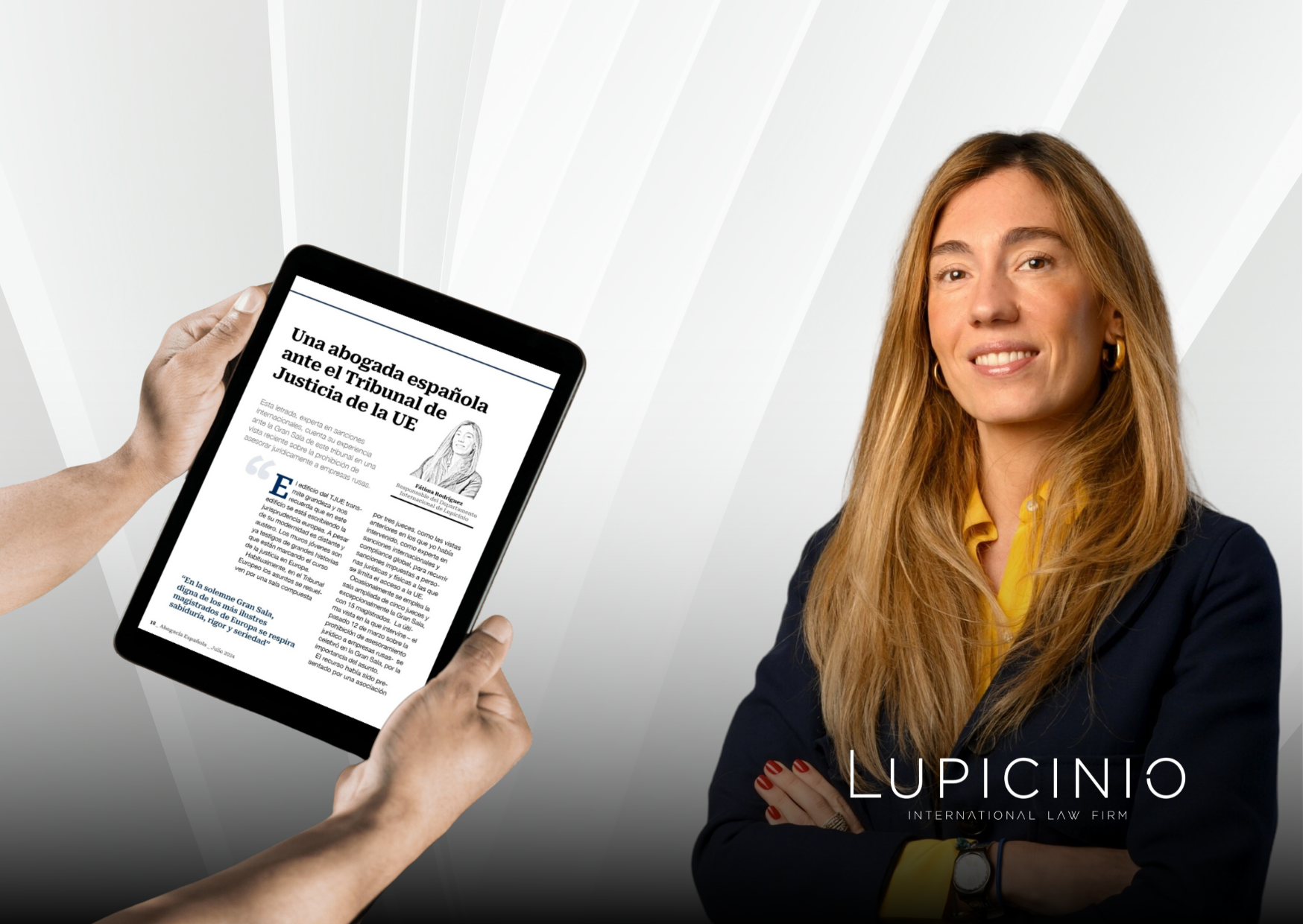The Royal Decree Law 9/2020 of 28th March, in which complementary measures are adopted in the field of employment in order to mitigate the effects caused by COVID-19, it consolidates management details and processes that are advisable to take into account, above all some businesses that have a Human Resources department or that don’t outsource personnel management.
Article 3 of the regulation states that the procedure for the recognition of unemployment benefits for workers affected by the flexibility measures of the temporary adjustment of activities to avoid dismissals (articles 22 and 23 of the RD-law 8/2020) should be started by the business, through a collective application for loans in which they should indicate all the details of the purpose of administration for this purpose. The representation of the workers in this procedure, exceptionally, will be accredited through a responsible declaration in which it will be stated that the authorization of the workers has been obtained for this purpose.
The deadline for presentation, which should be done virtually, will be five days starting from the request resulting from Force Majeure (of article 22 of the RD-law 8/2020) o from when the labour authority was notified of economic, technical, organisational or productive causes (of article 23 of the Royal Decree Law 8/2020). In this point the regulation clarifies the uncertainty surrounding the deadline for applications sent before the publication date, for applications sent before, the five days will start to count from the date of publication of the RD-law 9/2020 (March 28th).
In the Temporary Employment Regulation Files (TERFs), the unemployment benefits are inherent to the procedure although one could not say that it is in terms of consideration. Under RD-Law 8/2020, such unemployment benefits deriving from files relating to major or economic, technical, organizational or productive causes related to the COVID19 , are a subsistence tool required by the circumstances, and therefore do not count for the purposes of benefits already arising from previous contributions, and are of a rapid and effective nature. For this purpose, telematic procedures with the intervening administrations are essential.
An obligatory procedure for the worker is to register with the Public Employment Service, as established in each Autonomous Community.
The first additional provision makes it clear that the maximum duration of these temporary employment regulation files (ERTEs) will be that of the state of alarm and its possible extensions, both with respect to those ESTES in which there is an express resolution and those that have been resolved by administrative silence.
The Labour Authority will resolve, in the cases of ERTEs due to force majeure within five days from the request, according to article 22 of RD-ley 8/2020 and article 33.1 of RD 1483/2012, and since it is an administrative term, working days must be counted. Lack of resolution within the time limit is considered positive administrative silence, which leads to a resolution in favour of the request. This is an administrative act that terminates the procedure, so in the case of a resolution after the five-day period, it could only be a favourable resolution, in accordance with Law 39/2015.
The date of effect of the legal situation of unemployment for the purposes of benefits for this situation with regard to the workers affected by the file is clarified in the third additional provision, in relation to the causes of the same established in RD-law 8/2020 of 17 March last:
– In TERFs of force majeure of article 22 of RD-ley 8/2020, the effects of the legal situation of unemployment start from the date of the causal event.
– In the TERFs due to economic, technical, organizational or productive causes, the date of effects of the legal situation of unemployment will be that of communication to the labour authority of the suspensive business decision.
The First Final Provision of RD-Law 9/2020 modifies the First Transitional Provision of RD-Law 8/2020 and establishes that the exceptional contribution and unemployment measures will be applied to files authorised or initiated before its entry into force, with the explicit condition that they derive directly from the COVID-19 Health Alert.
The RD-law 9/2020 attempts to shed some light on the Administration’s sanctioning activity in these procedures where the regulations are infringed. The second additional provision establishes that those requests from companies presented with false or incorrect information will be sanctioned, as well as those measures adopted that are not necessary or not sufficiently connected to the alleged cause, as long as they involve the collection or receipt of undue benefits. The application of the Law on Infractions and Penalties in Social Order (Legislative Royal Decree 5/2000, of 4 August) in these cases is directly related to the receipt of undue unemployment benefits, by virtue of the damage caused to the administration by taking advantage of exceptional measures without meeting the requirements for this. The consequence is the payment by the company to the Management Entity of the amounts received by the workers, deducting them from the salaries that have not been received during the employment regulation file, with the limit of the sum of the salaries that would have corresponded.
To the above we will have to add the possible administrative responsibilities, derived from the Law on Infractions and Sanctions in the Social Order, as well as the criminal responsibilities that, in its case, could be derived from criminal behaviours.
In these terms, the indication of fraud may initially be determined by the relevant Public Employment Service, through an ex officio review of the recognition of benefits. The Public Employment Service may notify the Labour and Social Security Inspectorate and the Tax Agency in order to initiate the appropriate procedures in each case, and the State Security Forces and Bodies may also verify the causes alleged in the employment regulation procedures arising from the COVID19 health crisis.
More Information:
C/ Villanueva 29, 28001 Madrid
T: +34 91 436 00 90
Av. Diagonal 520, 08006 Barcelona
T: +34 93 488 28 02
info@lupicinio.com






